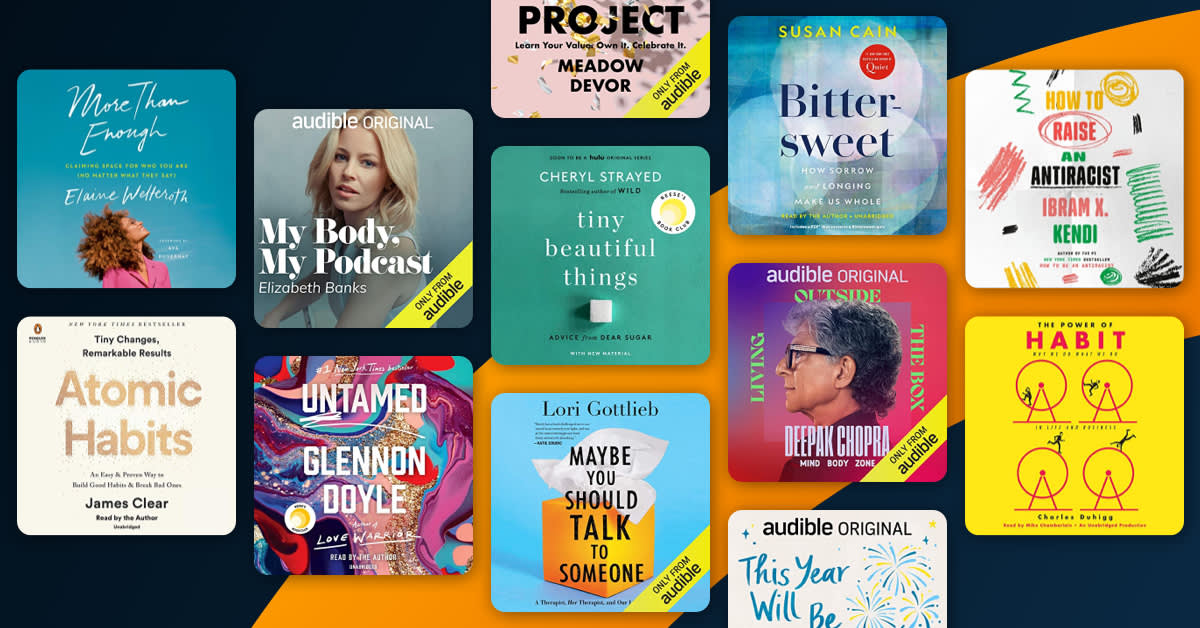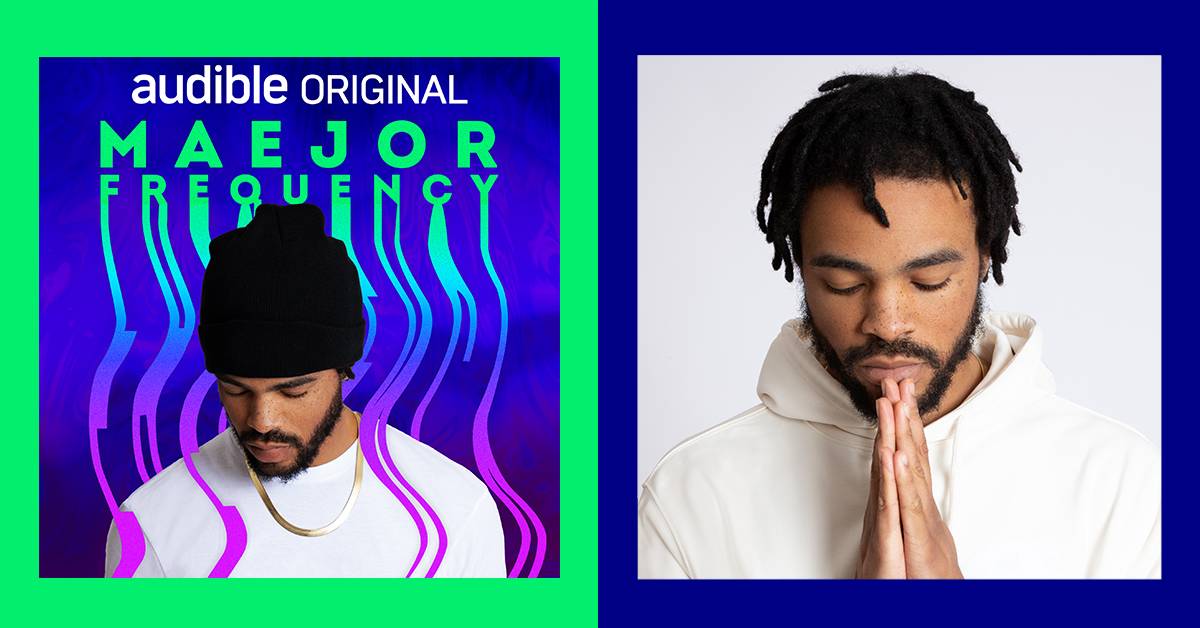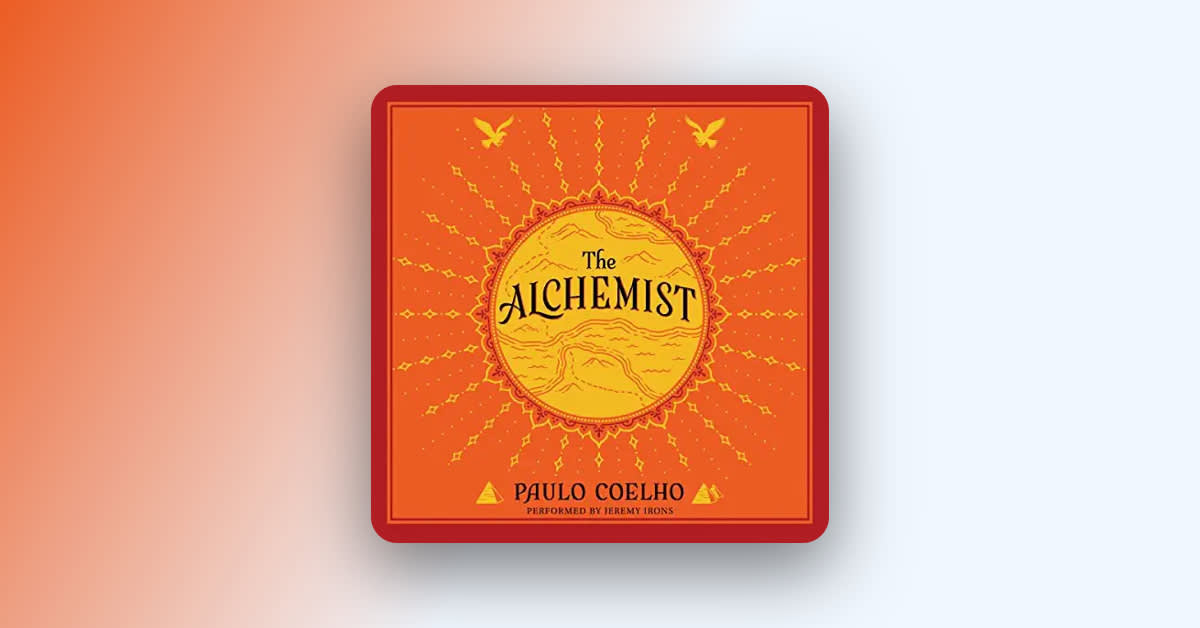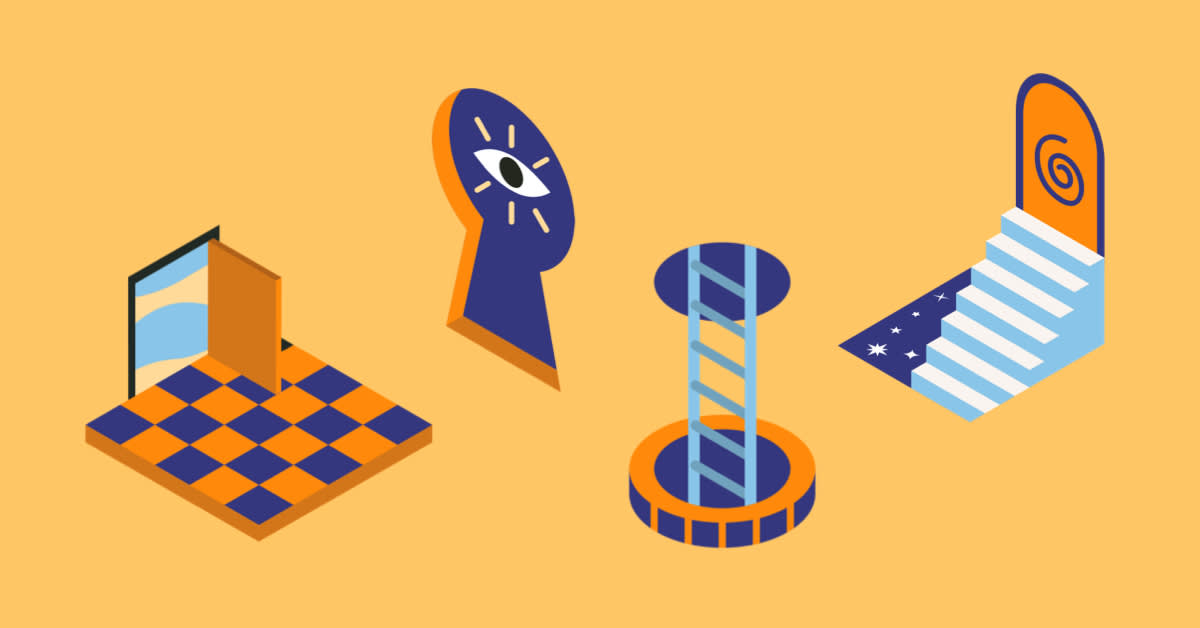“Self-help” is an antiquated term. Thanks to the euphemism treadmill (h/t Steven Pinker), it morphed into “self-improvement,” then the less judgy “self-development,” and now the more contemporary concept of "well-being," which is very individual to each person. But as my closet full of 50-year-old garments would say if it could, some old things were built to last. I’ve long had a secret soft spot for vintage audio, and I’ve decided to come out with it already.
Though the vast majority of my listening takes advantage of the amazing advancements in audio technology over the past few decades, vintage self-help recordings—especially of the spiritual, psychedelic, and psychoanalytic variety—are a rare but notable exception. Nostalgia certainly plays a role in the appeal. Any vinyl collector can tell you about the modern appreciation for vintage sounds. But in self-help, specifically, I trace my fascination to family lore about how my mom quit smoking in the ’70s: My dad recorded himself reading hypnotherapy messages onto cassette tapes, which did the trick. Such earnest quests for self-improvement are universal, and I find them especially poignant in lo-fi recordings whose wisdom still resounds in the here and now.
How appropriate, since the here and now is all there is, according to Alan Watts, the British-American philosopher and ’60s counterculture icon who helped popularize Buddhist ideas in the West. His book The Book was practically a sacred text at my high school in the ’90s, but it wasn’t available as an audiobook until 2023. When I’d looked for it prior to that, I was initially disappointed that I couldn’t find much beyond audio captured from Watts’s historic talks and performances, which are now more than 50 years old.
But then I started listening to them! You can practically see the twinkle in Watts’s eyes and smell the smoke from his pipe in these recordings. An unabashed pop philosopher, Watts sought to turn deep thoughts into engaging entertainment, and you can hear the success of his approach in the audience response. I’ve found Watts’s concepts can take multiple exposures and perspectives to stick—what is the sound of one hand clapping? How do you grab hold of the present long enough to analyze it? Why can’t we turn around and observe ourselves fully?—and his natural live delivery, in which he swirls playfully around his ideas in real time, feels both spontaneous and deeply human.
Alan Watts is just one example of a self-development “elder” whose early oral presentations feel like unearthing hidden treasure, if you’re willing to put up with an analog sound—or, like me, are charmed by it. Feminist storyteller Clarissa Pinkola Estés, Vietnamese monk Thich Nhat Hanh, Swiss psychiatrist Carl Jung, and Buddhist nun Pema Chödrön are just some of the vintage voices you can incorporate into your modern well-being journey.
Many of these older recordings were lovingly assembled by specialty spiritual and wellness publishers such as Sounds True, Hay House, and Nightingale-Conant, but you can find them peppered around Audible—John Gray’s self-narrated Men Are from Mars, Women Are from Venus, released by HarperAudio at the tail end of 1998, was in fact the very first book in the store! Clarissa Pinkola Estés’s vital classic Women Who Run with the Wolves, which runs just over 2 hours in audio, is not a dreaded abridgment but the original format, heard as Dr. Estés intended it, in her compelling narration and with acute sensitivity to oral traditions.
For the most part, contemporary well-being titles deserve the outsize attention on bestseller lists, of course. Their talented authors, timely topics, and sonic innovations reflect undeniable progress in technology, presentation, and representation. But when you crave wisdom from the past straight from the source, these audio time capsules are well worth opening, time and time again.
Vintage self-help favorites
Ancient wisdom, today’s lens




























